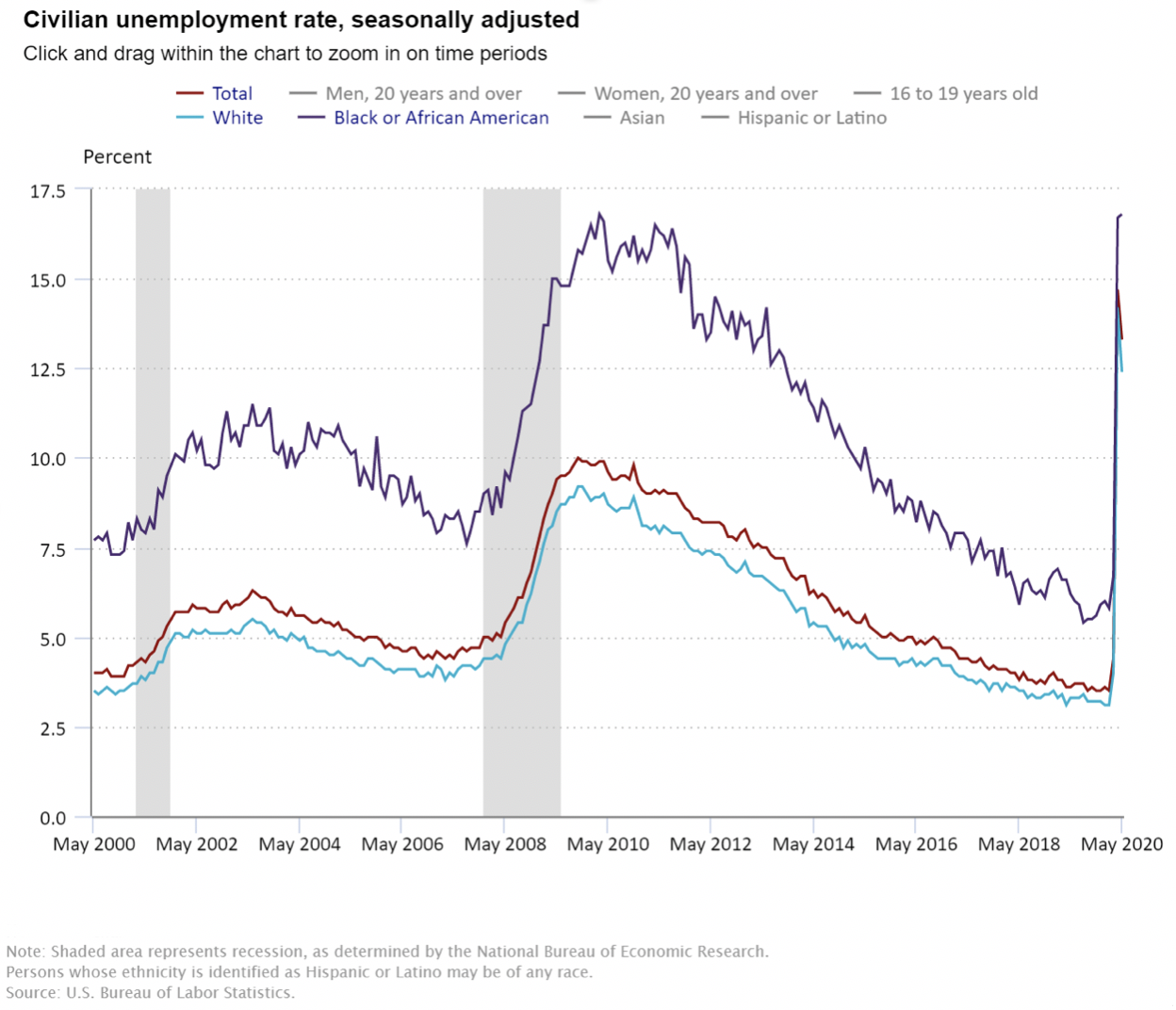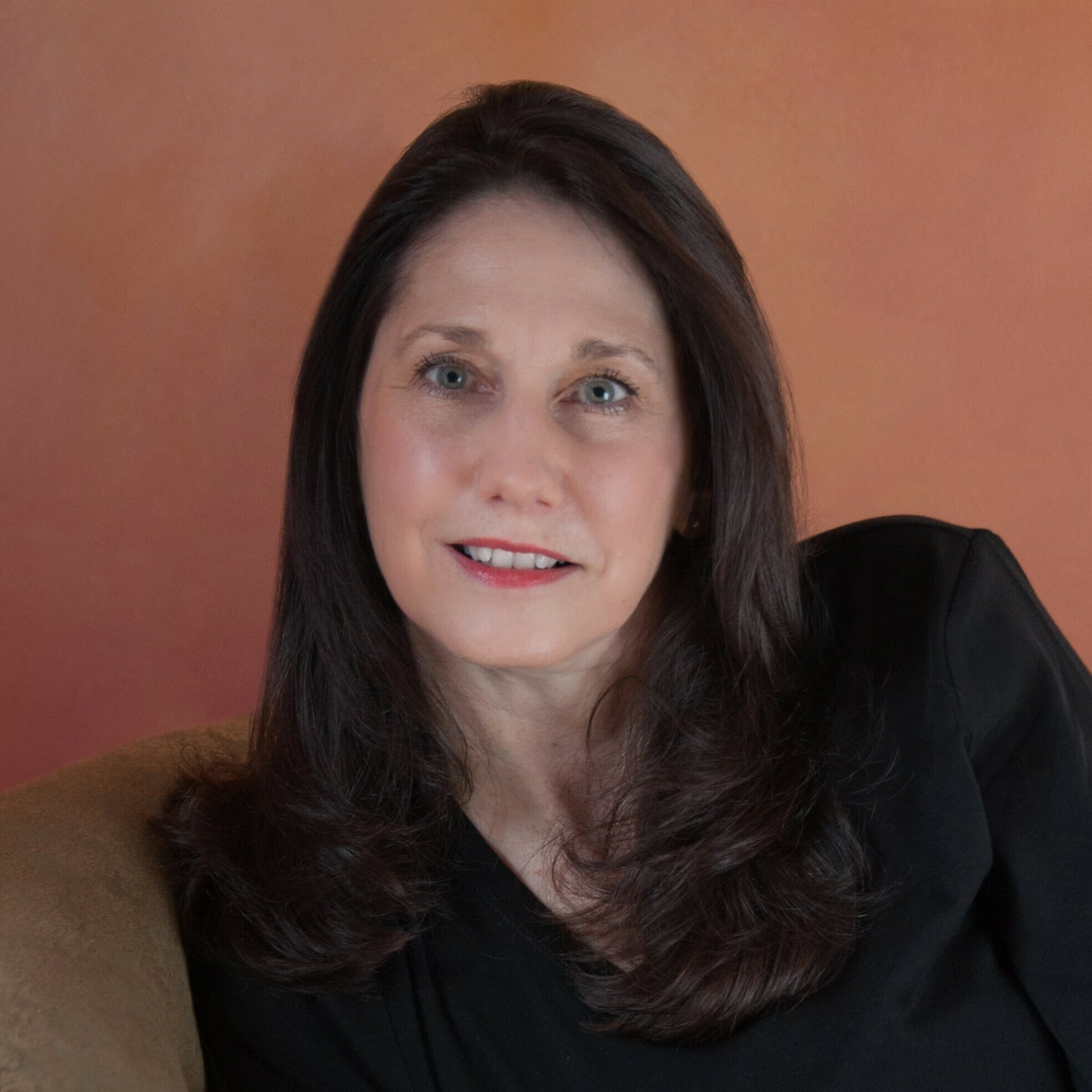Inequality. Discrimination. Brutality. Injustice. I find it sickening and shameful that in 2020 these words encapsulate what it means to be a Black American.
That the legacy of slavery lives on, centuries later, in a nation where the Declaration of Independence declares “all men are created equal,” should give every citizen pause, and inspire immediate and lasting change. Violence, brutality, racial slurs, and derogatory comments are far too common. Abuse of fellow citizens has to end.
But I also recognize that it will take more than basic human decency to effect real change.
Aiming for inclusion
From the Birmingham jail, where he was imprisoned for peaceably demonstrating against segregation, Martin Luther King, Jr. wrote, “Anyone who lives inside the United States can never be considered an outsider.” Yet, too often, even now, decades after the civil rights movement, Black Americans are treated as outsiders, in many aspects of life, including when it comes to employment opportunities.
Title VII of the Civil Rights Act of 1964, signed into law by President Lyndon B. Johnson, prohibits employment discrimination based on race, color, religion, sex, and national origin.
The Equal Employment Opportunity Act of 1972, which amended Title VII, gives the Equal Employment Opportunity (EEOC) authority to sue in federal courts when it finds it reasonable that there has been employment discrimination based on race, color, religion, sex, and national original.
Unemployment numbers
So, yes, there is legal protection against discrimination. But legal protection is not the same as opportunity.
May 2020 unemployment numbers serve as a stark reminder of this. In May, according to the U.S. Bureau of Labor Statistics (BLS), the unemployment rate for Black Americans was 16.8%, up from an already high 16.7% in April and 6.7% in March. Meanwhile, the unemployment rate for White Americans was 12.4% in May, a drop of 1.8% from April, when it was 14.2%; it was 4.0% in March.
Recent numbers are related to COVID-19. However, the disparity is nothing new. In May 2019, the unemployment rate for Black Americans was 6.2%, while it was 3.3% for White Americans.
Take a look at this BLS chart for additional context.

The chart suggests that employment opportunity has never been equal.
Granted, employers are not entirely to blame. There are other factors, including education, healthcare, and housing, that impact employment opportunity. Nevertheless, a greater commitment to diversity on the part of hiring organizations will result in greater opportunity. It really is that simple.
Recruiting shift
What does that commitment look like? It’s not a feel-good statement at a corporate careers site. It requires a concentrated effort to change the organization so that it more accurately reflects America.
Appcast’s June 9 webinar highlighted several questions employers should ask, and answer honestly, to assess where to focus in order to improve diversity recruiting.
- What do your interview teams look like?
- Do you consider your employee referral program a benefit or part of the problem?
- Are you screening for privilege or potential?
Here are two more:
- Do you consider your organization’s employee development programs when recruiting?
- Do you rely on best practices when sourcing diversity candidates?
Fortunately, there are best practices, as well as resources, that can help your organization further diversity. Appcast shares some of these resources here.
As each employer moves forward, the world moves forward.


